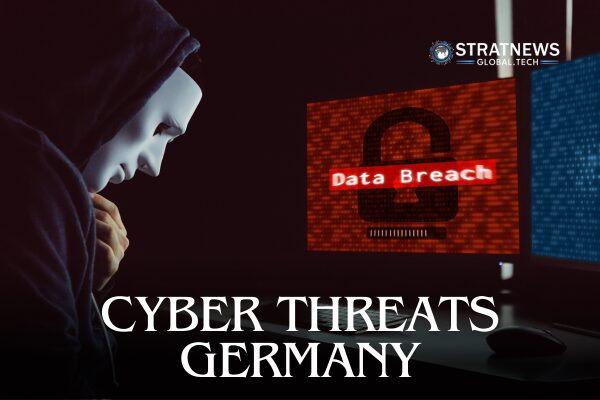Cyber Attacks Cost German Economy €289 Billion as Foreign Threats Rise
Cyber attacks have inflicted nearly €300 billion in damages on the German economy over the past year, with most of the threats now coming from foreign intelligence agencies rather than individual criminals. This sharp increase in state-linked cyber incidents reflects growing global geopolitical tensions.
According to a new survey by industry group Bitkom, around half of the companies that identified attack sources traced them back to Russia or China. A further quarter linked the attacks to other European Union countries or the United States.
Growing Threat from State-Sponsored Attacks
Bitkom’s president, Ralf Wintergerst, stated that the origins of many cyber attacks are “relatively clear,” with Russia and China standing out as primary sources. The findings were based on responses from around 1,000 German companies.
The surge in cyber threats follows an increasingly hostile global landscape, especially after Russia’s invasion of Ukraine in 2022. Intelligence agencies across the developed world have observed more frequent attacks tied to foreign states, often using sophisticated methods to infiltrate networks and steal data.
Ransomware Attacks on the Rise
Ransomware remains the most common type of cyber threat. This form of attack involves locking a company’s data and demanding payment to restore access. According to the survey, 34% of firms reported suffering ransomware attacks, a significant jump from 12% in 2022. Alarmingly, one in seven companies admitted to paying a ransom.
While large firms often have strong defences in place, many smaller businesses still lack adequate cybersecurity measures. Small and medium enterprises, which form the backbone of Germany’s economy, are particularly vulnerable to these evolving threats.
Blurred Lines Between Crime and Espionage
The survey estimated total damages at €289.2 billion. These losses mainly stemmed from production stoppages, data theft, and recovery costs. Legal expenses and security upgrades added to the financial toll.
Sinan Selen, deputy chief of Germany’s domestic intelligence agency (BfV), noted that the distinction between cybercrime and cyberespionage is increasingly unclear. He explained that state actors often purchase stolen credentials from cybercriminals and even benefit from their actions.
“Where appropriate, state actors tolerate the criminal activities of private groups and even exploit their capabilities,” Selen stated, highlighting the complex and murky world of modern cyber threats.
with inputs from Reuters


